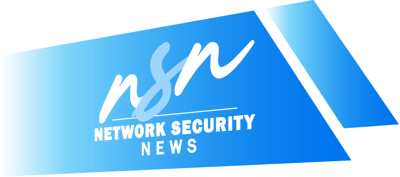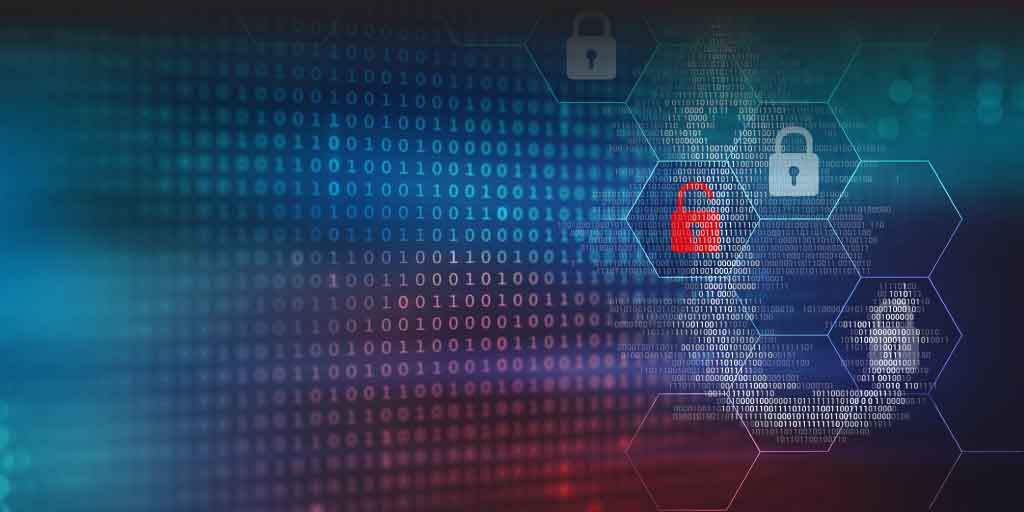Cybersecurity While Traveling
In a world where we are constantly connected, cybersecurity cannot be limited to the home or office. When you’re traveling— whether domestic or...
24/7/365 Monitoring & Alerting
Compromise Assessments
Threat Hunting
Vulnerability Management
CMMC Preparation & Assessment
Cybersecurity Assurance Readiness (CSAR®/RMF Pro)
ATO/RMF Support
If you are concerned about a potential threat or are experiencing a breach, contact our 24/7/365 emergency hotline at 888-860-0452.
 Subscribe to NetSec News
Subscribe to NetSec NewsSign up to receive our biweekly newsletter that covers what's happening in cybersecurity including news, trends, and thought leadership.
At our core, Ingalls is a company that strives to be helpful to our clients while continuously innovating and evolving our technology and solutions. Since 2010, we have been dedicated to building a team and product that can stay steps ahead of threats, attacks, and vulnerabilities in an ever-changing landscape.
3 min read
 Janine Byas
:
Feb 28, 2022 12:00:00 AM
Janine Byas
:
Feb 28, 2022 12:00:00 AM
Today, with ever-increasing frequency, we see news stories about companies getting breached and personal data being stolen. New malware continues to be discovered and so now more than ever, we need to secure our home environment from online threats.
It is important to understand that strong security necessary, it is empowering to know that strong security is accessible. Some of you may have questions about how to protect your home environment, and we want to help you by sharing answers. Today’s topic? Antivirus.
Typically, if you have a computer provisioned by your employer, the company IT department installs protection on your device. But what do you do when trying to ensure your personal computer is secure? Below we’ll take you through three basic considerations when selecting antivirus software for home use.
Antivirus protection is a modern necessity that helps us safely enjoy our online lives however its clear not all antivirus products are created equal.
We comparison shop safety features on our vehicles, so let’s take the same approach when selecting our home antivirus protection. Making an informed choice will give your family the protection they need and will provide you priceless peace of mind.
Ready to level-up your home cybersecurity? Learn about using a VPN in our blog post “Are VPN Tools Just for Business Use?”
About the Authors
Janine Byas, SSAP
Ms. Byas is a Cybersecurity consultant who has worked in the industry since 2017. She is an experienced Incident Handler and credentialed Security Awareness Professional (SSAP), has led multiple digital modernization initiatives inside the government and nonprofit space and is a communications expert.
Daniel Guidry, CCNA, NSE
Mr. Guidry is a 16 year veteran in Information Technology and Cybersecurity with an emphasis on Network Engineering and Systems Administration. Working in both public and private sectors, Mr. Guidry has extensive knowledge in building and managing network infrastructures, external and internal security best practices, and building trustworthy client relationships. Mr. Guidry has held many industry-leading certifications and continues his education through various platforms.
Sarena O’Donnell, GSEC Ms. O’Donnell is an experienced Information Security professional with over sixteen year’s experience developing, implementing, and maintaining cybersecurity programs in highly regulated environments. Ms. O’Donnell has provided vCISO, customized risk management, and auditing services to clients in a wide range of industries. Now in Government Programs, she works to ensure mixed reality (XR) technology compliance with DoD and Air Force (AF) Risk Management Framework standards. Ms. O’Donnell holds a Master in Business Administration with a focus in Information Security and is certified with an ISC2 CAP and a GIAC GSEC. |

In a world where we are constantly connected, cybersecurity cannot be limited to the home or office. When you’re traveling— whether domestic or...

Businesses face significant financial loss when a cyber attack occurs. In 2019, the U.S. business sector had 17% increase in data breaches: 1,473...

Phishing attacks use email or malicious websites to infect your machine with malware and viruses in order to collect personal and financial...